Afghanistan's bittersweet oasis
Removed from the country's violence is a small area that remains an anomaly of peace

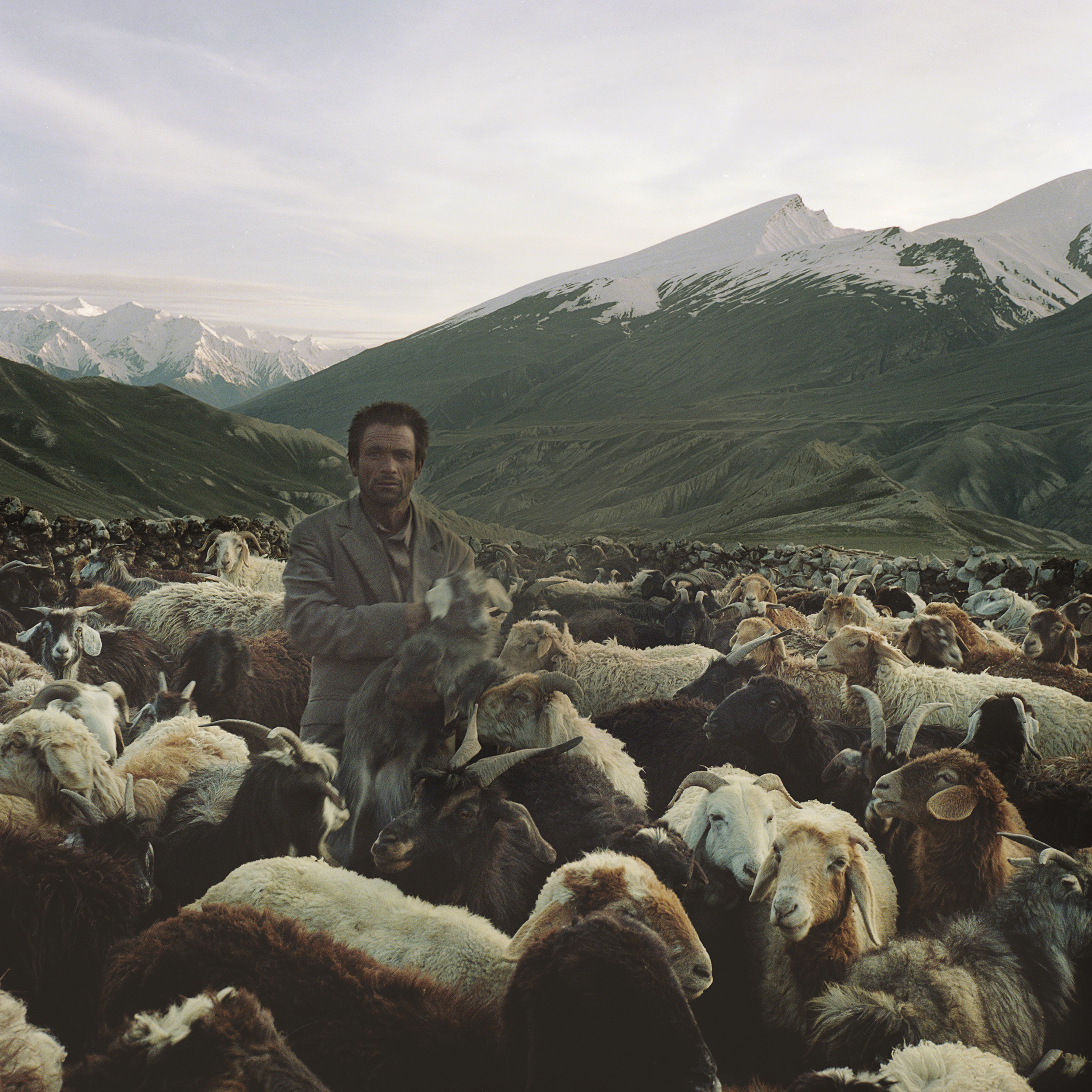
A free daily email with the biggest news stories of the day – and the best features from TheWeek.com
You are now subscribed
Your newsletter sign-up was successful
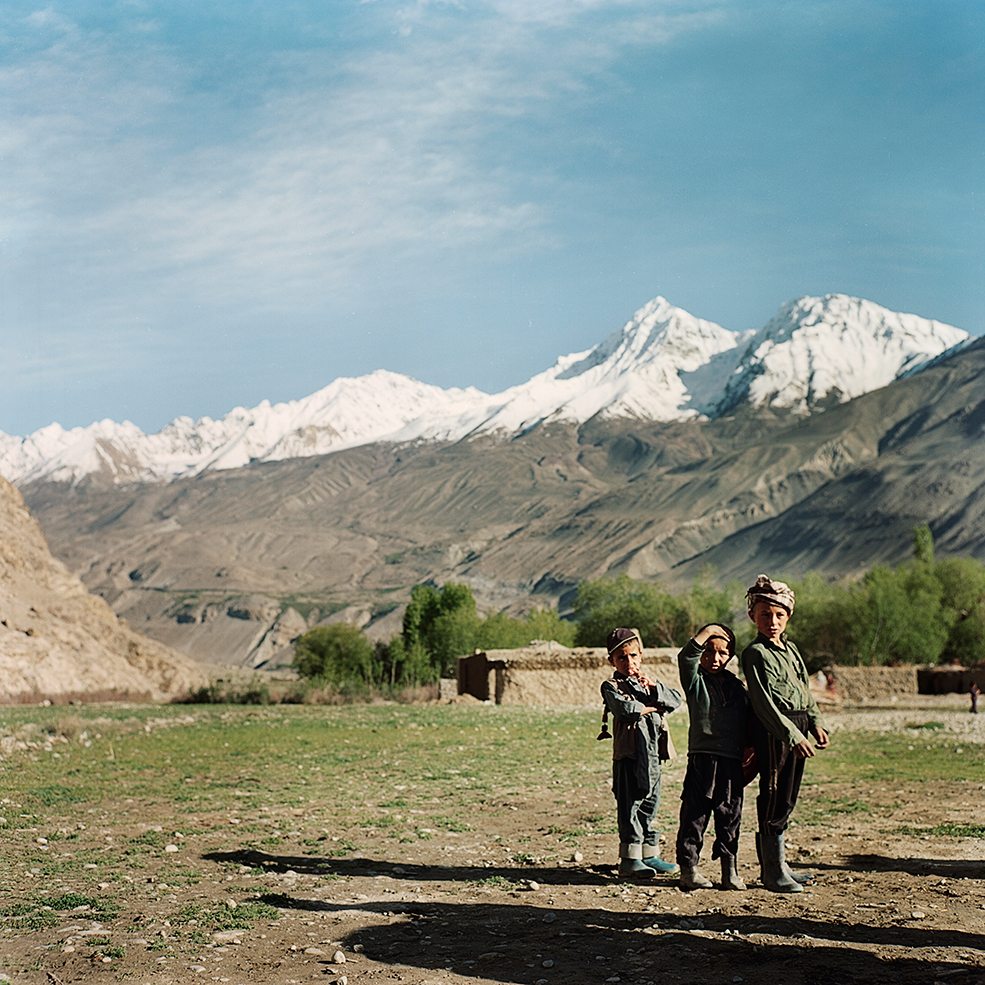
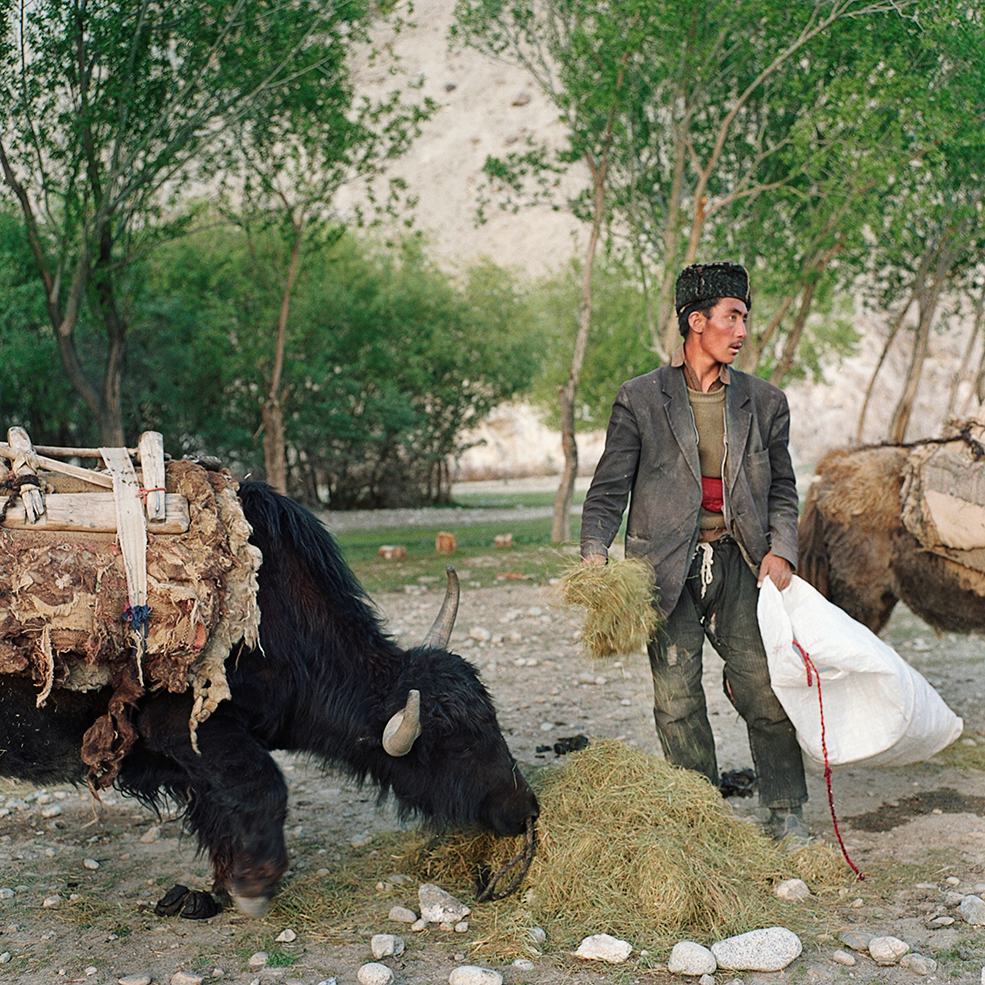
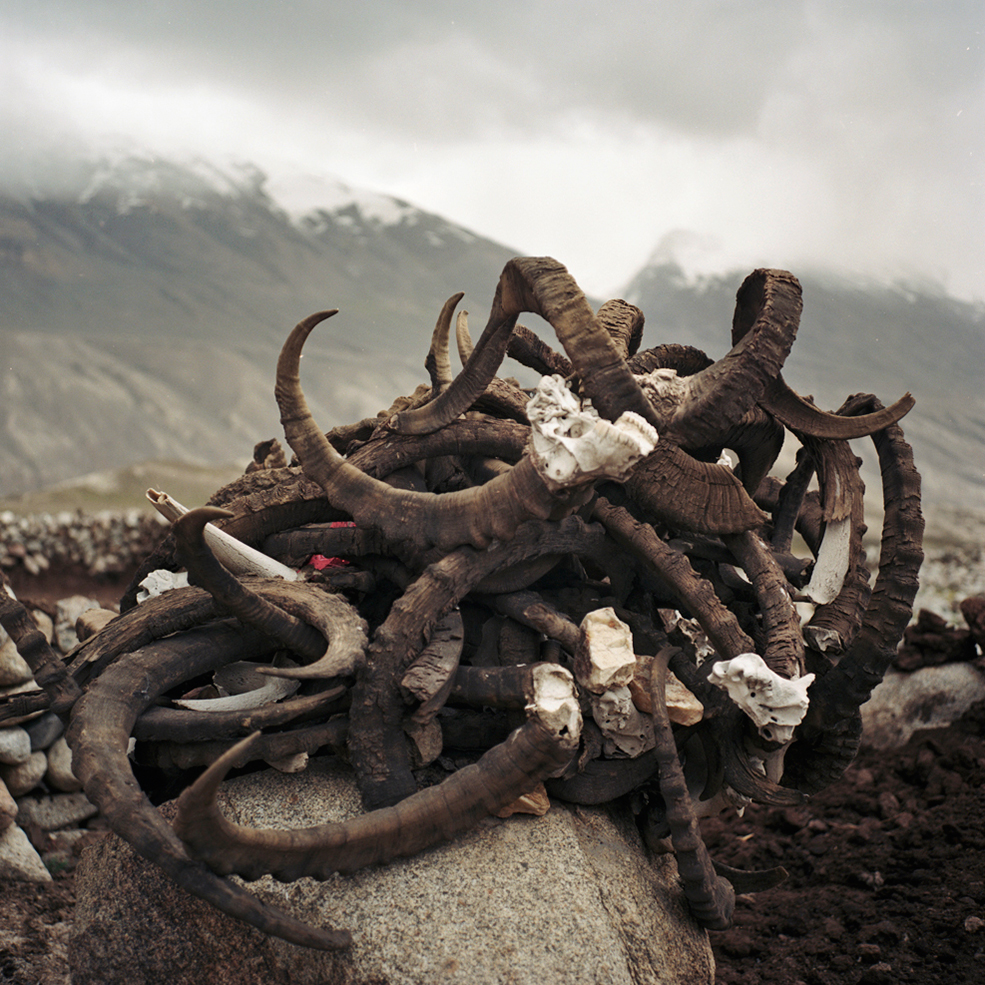
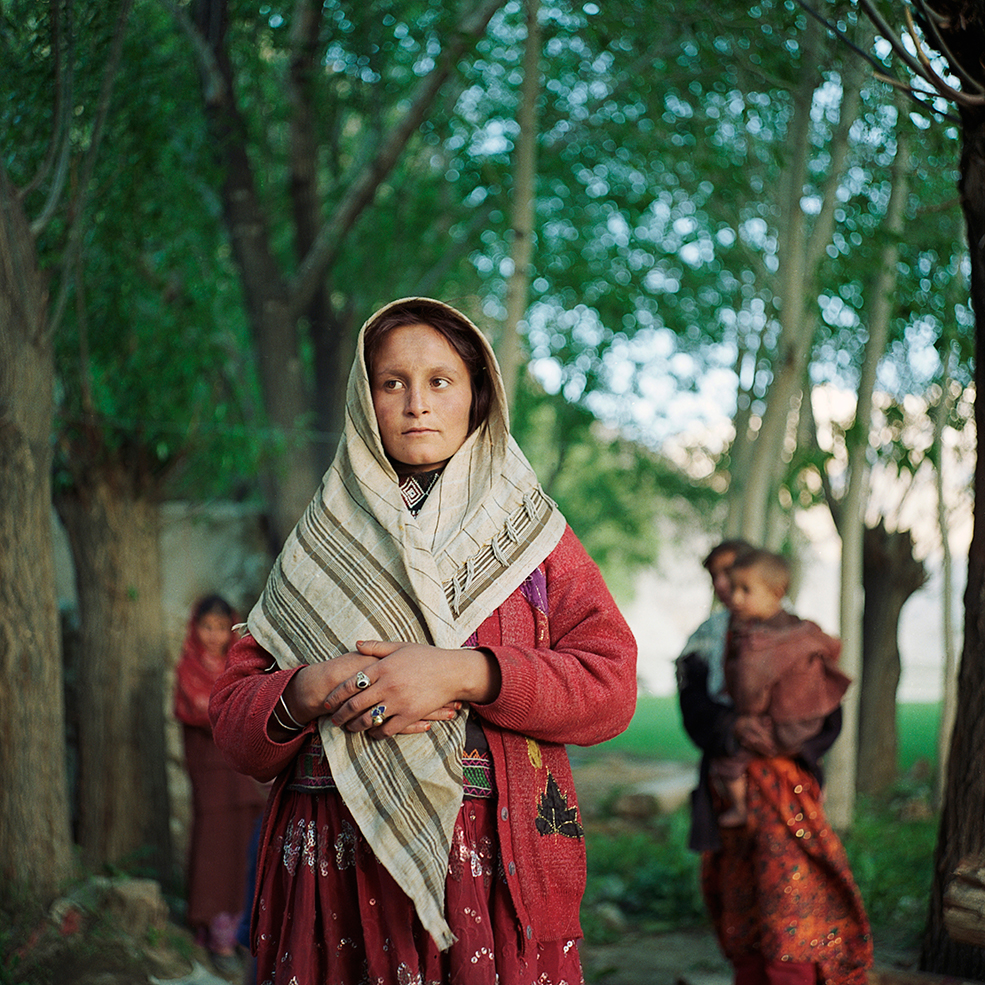
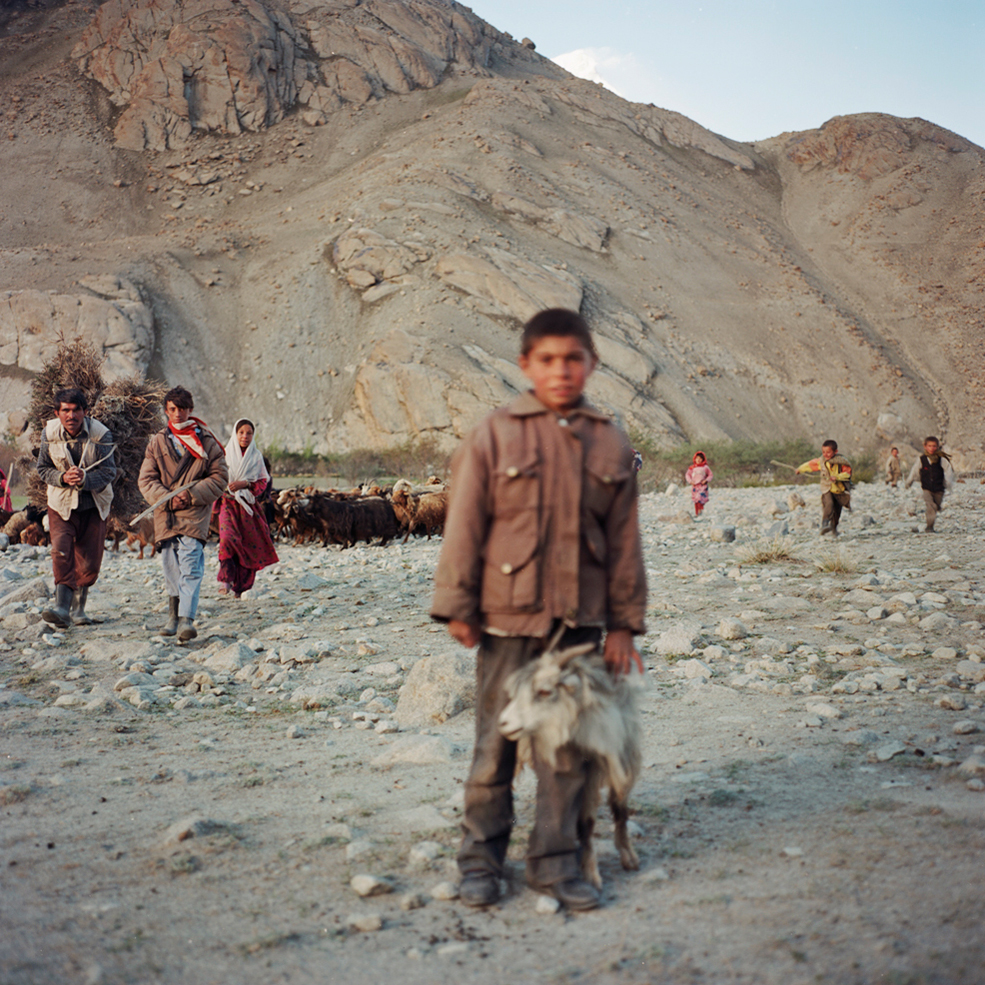
(Benjamin Rasmussen) Rasmussen says he was struck by both the region's geography and history. The sheer size of the mountains that tower over the gaping valleys, for example, are intensely humbling. But in a place that has traditionally had little access to education, he quickly learned the value of "mountain smarts.""I spent some days with a small group of Wakhi herders, who looked after hundreds of sheep, but had no schooling," Rasmussen says. "They couldn't use math to add up how many sheep were in their herd, but they knew the herd so intimately they could tell if one was missing. One evening, they went off to search for a missing lamb. When I asked how they knew it was missing, they said it was because there was a ewe without her lamb. They came back several hours later with it."
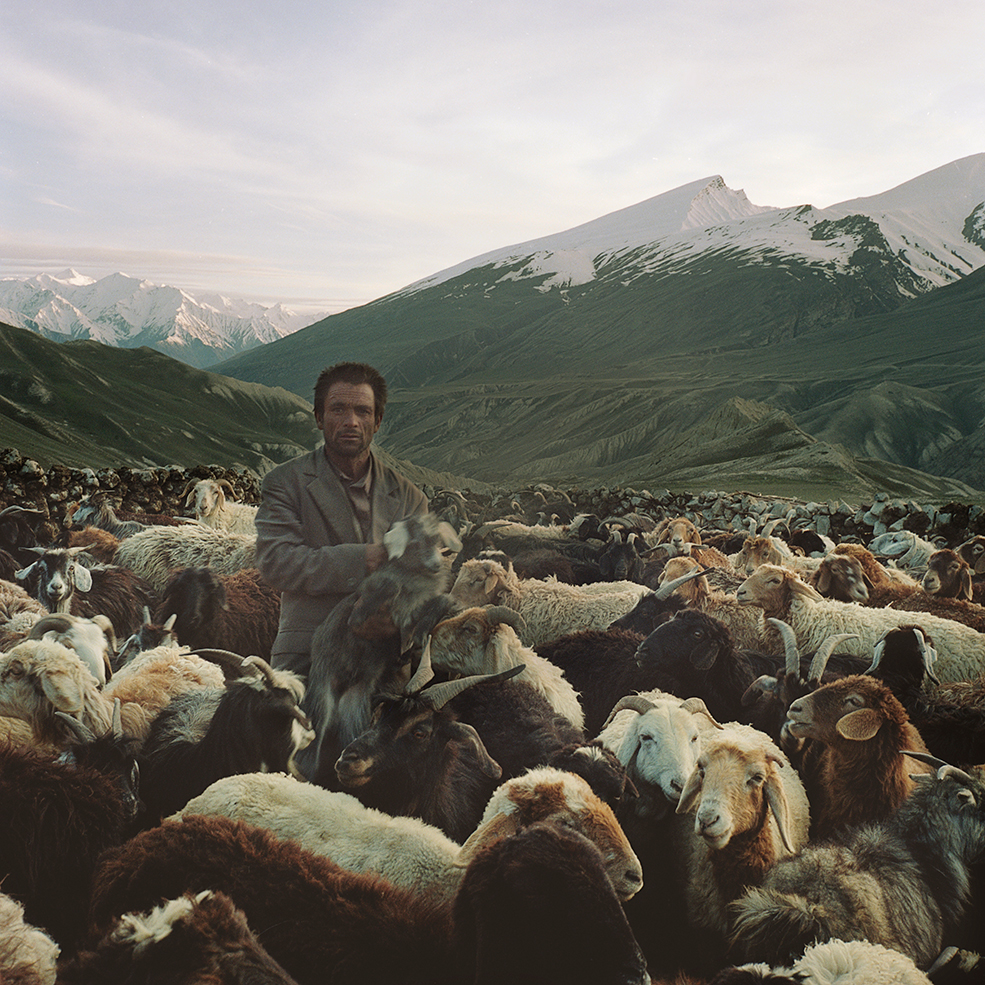
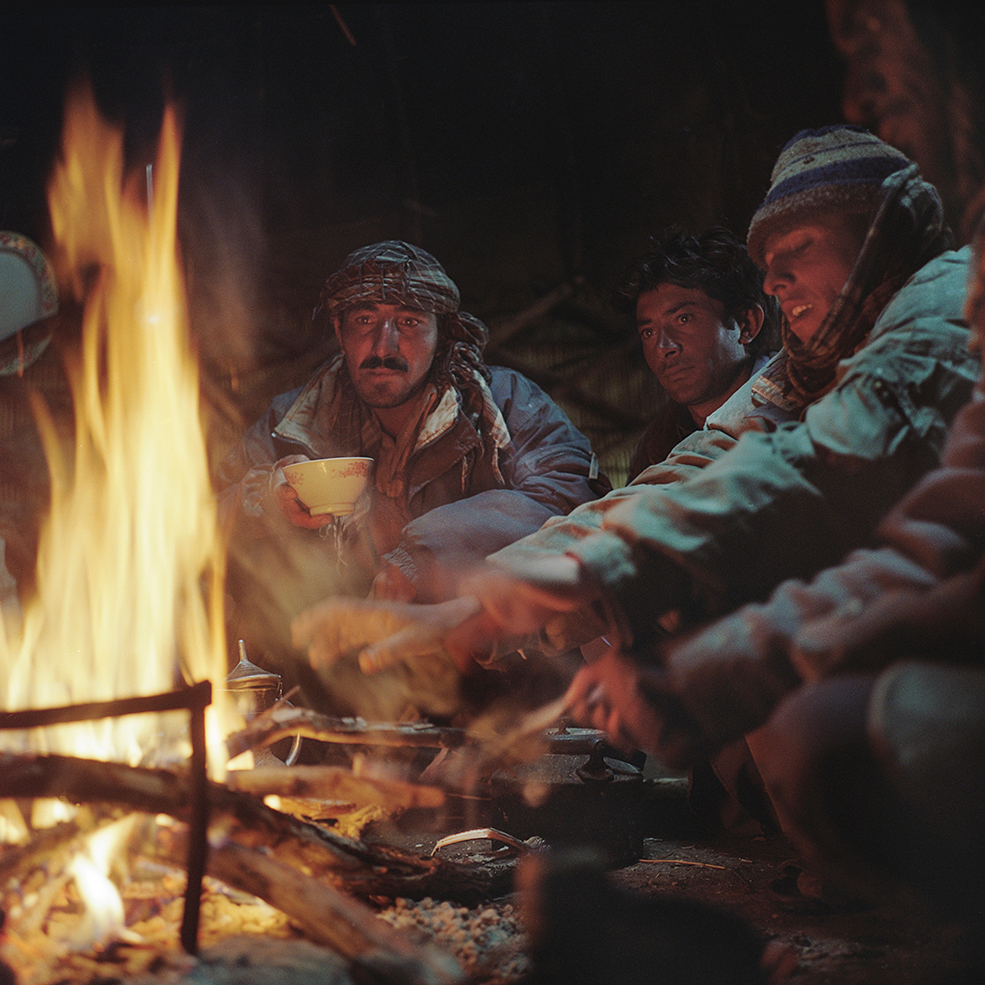
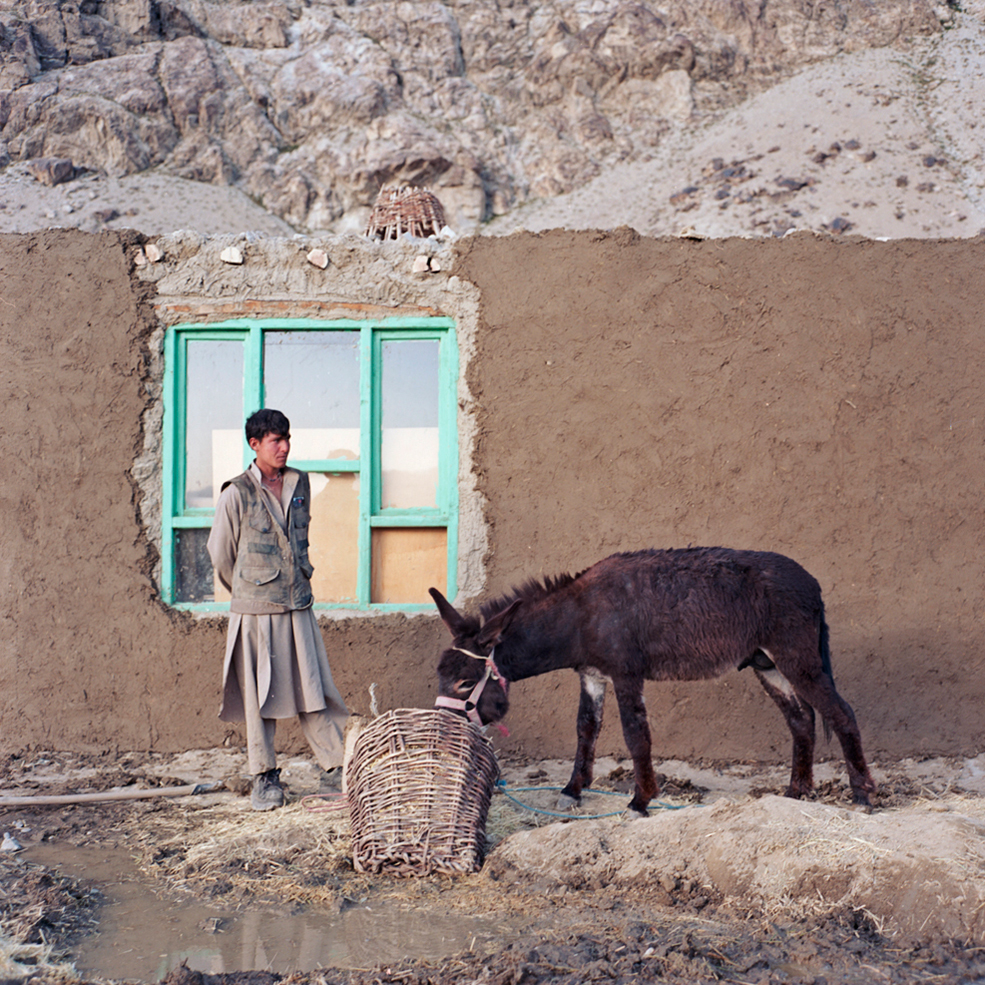
A free daily email with the biggest news stories of the day – and the best features from TheWeek.com
Sarah Eberspacher is an associate editor at TheWeek.com. She has previously worked as a sports reporter at The Livingston County Daily Press & Argus and The Arizona Republic. She graduated from Northwestern University's Medill School of Journalism.
